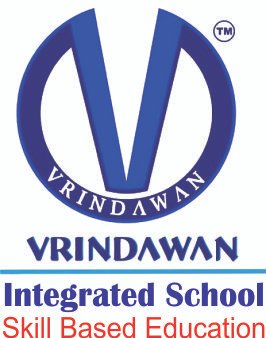Deep Tech
Lorem ipsum dolor sit amet shmamet kamfet
Deep Tech
Deep tech refers to technological innovations that are based on substantial scientific or engineering advances and have the potential to create significant impacts on industries and society. Unlike consumer tech, which focuses on products for everyday use, deep tech usually involves cutting-edge research and development in fields like artificial intelligence, quantum computing, advanced materials, biotechnology, and space technology.
Some key characteristics of deep tech include:
- Scientific Foundation: It is often grounded in breakthroughs in fundamental science or engineering.
- High Complexity: It involves sophisticated technologies that are complex to develop and deploy.
- Long Development Time: The R&D phase can be lengthy, requiring significant investment and resources.
- High Impact: When successful, deep tech innovations can transform industries, create new markets, and address major global challenges.
Examples of deep tech include quantum computers, which leverage principles of quantum mechanics to perform computations far beyond the capabilities of classical computers, or CRISPR gene editing technology, which enables precise modifications to DNA and has vast implications for medicine and agriculture.

Vrindawan Integrated School
Vrindwan Integrated School was established on 2 January 2001 and managed by NGO M\S IAFAB India Council. Integrated School from 1th -12th for CBSE/State Board for day scholars and boarders classes for admission is available from 5th to 12 only as an educational organization has committed itself to:

Vrindawan University
Vrindawan University (proposed) was established on 2 January 2001 and managed by NGO M\S IAFAB India Council. And later will convert full-fledged university Vrindawan University as an educational organization has committed itself to

